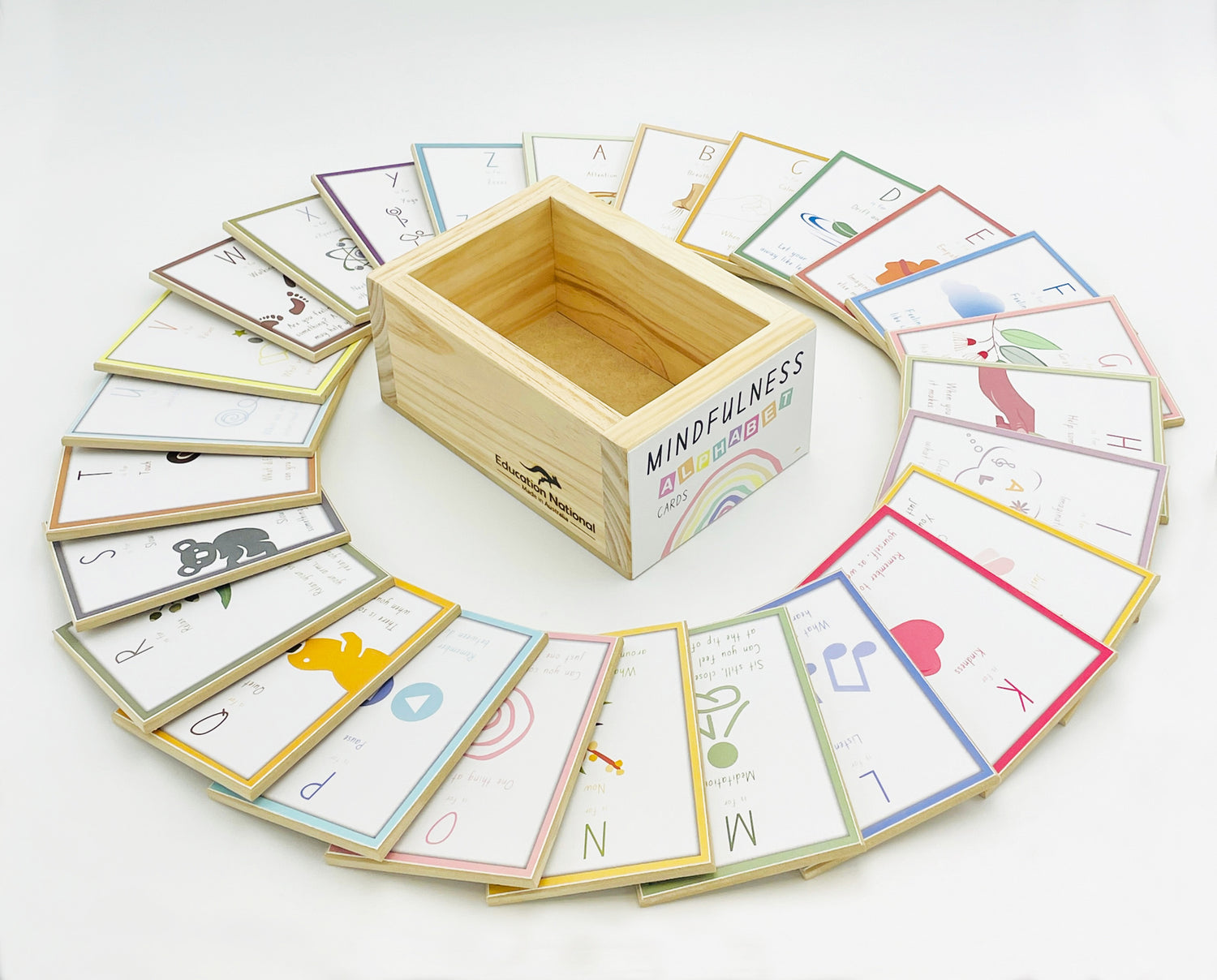
How mindfulness activities impact children's wellbeing
In the whirlwind of crayons, storybooks, and the boundless energy of little learners, it's essential to carve out moments of calm and introspection.
Mindfulness isn't just a buzzword, it’s a joyful journey that children can embark upon with the guidance of dedicated educators like you.
At Education National, we believe in nurturing young minds with teacher resources that are not only educational but also engaging and emotionally enriching. So, let’s explore how mindfulness can transform your classroom atmosphere.
Mindfulness and Movement: A Dynamic Duo
Before we dive into our mindfulness toolbox, let's lace up our sneakers and talk about the benefits of physical play. It's not all about burning off energy (though that's certainly a bonus!). Physical activity is crucial for children’s development, enhancing everything from motor skills to social abilities. Incorporating movement into your lessons can improve concentration and mental clarity, making it a perfect partner to mindfulness practices.
Tools of Tranquility: Mindfulness Toys for Kids
When we introduce mindfulness toys into our classrooms, we’re not just adding new toys to the play area. We’re providing gateways to peace and presence. Education National’s Mindfulness Resources are curated to gently guide children towards mindfulness practices. Imagine the quiet focus as they explore the Mindfulness Big Books, or the thoughtful expressions when they discuss the Emotions Faces Rug.
The Alphabet of Awareness
Our Alphabet Mindfulness Cards are more than just educational resources. They are invitations for children to connect letters with feelings and thoughts, making learning a reflective and deeply personal experience. These cards are fantastic tools for introducing concepts of emotional regulation for kids, helping them to articulate their feelings and understand themselves better.
Foundations of Feeling: Emotional Regulation for Kids
Why is emotional regulation so crucial? Well, for starters, it's about helping our little ones manage the highs and lows of their day-to-day experiences. By integrating mindfulness into your teaching practice, you equip children with the skills to observe their emotions without judgment, respond to them appropriately, and enjoy a more harmonious classroom environment.
Positively Speaking: The Magic of Affirmations
Positive mindset affirmations are powerful. With the Gumtree Affirmation Rug, you create a space where positive affirmations are part of the daily dialogue. These affirmations reinforce a culture of positivity and resilience, helping children to build self-esteem and a growth mindset.
Benefits of Mindfulness Activities for Kids
-
Enhanced Attention and Concentration: Regular mindfulness activities help improve children’s attention spans and concentration levels, which are critical for academic success.
-
Increased Emotional Regulation: By learning mindfulness, children gain tools to manage their emotions effectively. This skill helps them navigate stress and anxiety more successfully.
-
Improved Social Skills: Mindfulness fosters empathy and understanding, encouraging better interactions and social relationships among peers.
-
Boost in Self-esteem: Engaging in mindfulness can increase children’s confidence and self-awareness, contributing to a stronger sense of self-esteem.
-
Enhanced Academic Performance: As mindfulness improves concentration and stress management, children often experience better overall academic performance.
-
Reduction in Stress and Anxiety: Mindfulness exercises can significantly lower levels of stress and anxiety in children by teaching them to calm their minds.
-
Better Sleep Patterns: Regular mindfulness practice can help regulate sleep patterns, leading to improved sleep quality and duration.
-
Increased Resilience: Mindfulness equips children with the ability to cope with challenges and setbacks more effectively, enhancing their resilience.
-
Improved Physical Health: Activities that combine physical movement and mindfulness, like yoga, can improve physical health and agility.
-
Greater Creativity and Imagination: Mindfulness encourages children to explore their thoughts and feelings, which can enhance creativity and imaginative play.
Aligning with the Early Years Learning Framework
Our resources aren’t just fun; they’re framed around the Early Years Learning Framework’s five learning outcomes:
- Children have a strong sense of identity - Using tools like our affirmation rug and emotions rug, children learn about themselves and their emotions, which builds their personal identity.
- Children are connected with and contribute to their world - Mindfulness practices enhance children’s understanding of their place in the world and their impact on others.
- Children have a strong sense of wellbeing - Emotional regulation tools help children maintain psychological well-being.
- Children are confident and involved learners - Engaging with stories and symbols through resources like our Big Books makes learning an active and confident pursuit.
- Children are effective communicators - Discussing feelings and thoughts through mindfulness activities improves communication skills.
By weaving mindfulness into your curriculum with resources tailored to these outcomes, you empower your little learners not just to succeed academically, but to thrive emotionally and socially.
Wrap-Up
As educators, you're sculptors of the future. By integrating mindfulness into your teaching, you mold a generation that not only thinks deeply but feels deeply. With Education National's range of school resources, you're equipped to turn every classroom moment into an opportunity for growth and joy. Remember, every little mindful moment adds up to a significant positive impact on your children’s lives. Let’s make education a beautiful journey of awareness and happiness!
